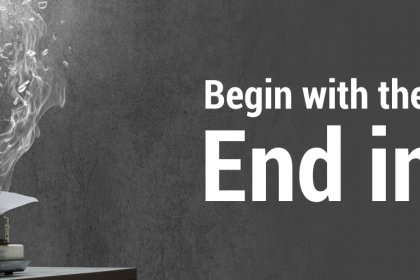
Ideally, recruiters would like to place candidates in a role that is long-term, where they can grow as a professional. But how do recruiters get on the right track to accomplishing this if they don’t understand the candidate’s long-term career goals? As mentioned earlier, the right fit goes beyond skill set and experience. So in order to match a candidate and an employer long-term, recruiters have to dig deep and uncover this information.
When you can weave in a candidate’s goals with an opportunity that is available, recruiters can begin to create a storyline for candidates that ends with them arriving at their intended destination. Including details such as a candidate’s long-term goals lets them know you are thinking about their end goal, and that you have their best interest in mind. If you put yourself in the shoes of a candidate, you can probably guess that they have spoken to a lot recruiters in the past – many of whom may have never taken the extra step to incorporate their long term goals when selling a job. Although jobs are often a stepping stone to where candidates see themselves in the future, simply taking into account their career goals can help candidates see where the role fits in, or where it doesn’t.
Although a relationship between a recruiter and a candidate is often a short one, it is one that can have a lasting impact for both sides. The impact for recruiters is that they gain credibility, get better at placing candidates who will have longer tenures in the roles they help fill, and learn to set the tone for a more trusting and cohesive relationship. The impact for candidates is that they can improve on preparing for interviews and identify the types of roles they are a great fit, and the types of roles they are not.


